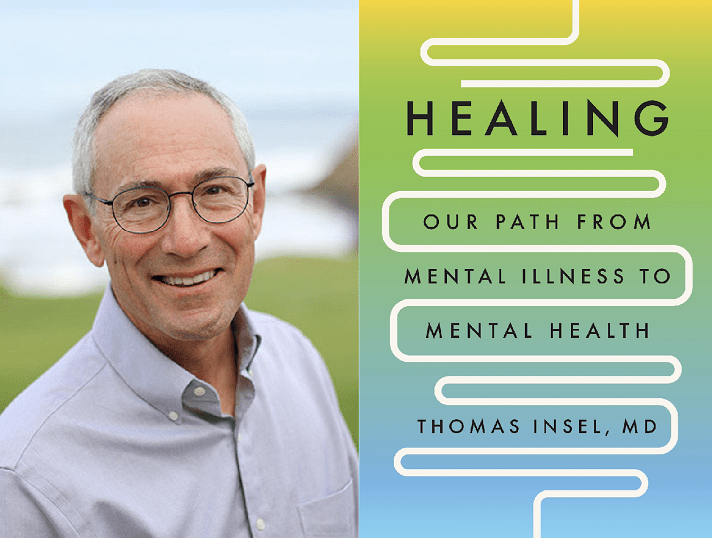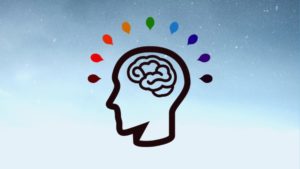From “Eminence-based” to Evidence-based cognitive & mental healthcare: Time for quality and accountability
 Welcome to a new edition of SharpBrains’ e‑newsletter, featuring timely brain & mental health news, two excellent new books and a few fun brain teasers.
Welcome to a new edition of SharpBrains’ e‑newsletter, featuring timely brain & mental health news, two excellent new books and a few fun brain teasers.
“The real challenge is not finding a therapist, it’s finding a therapist who knows how to provide the treatments that work. In the early 2000s, Myrna Weissman was trying to understand why so few therapists use scientifically based treatments. She found that over 60 percent of professional schools of psychology and master’s level social work programs did not include any supervised training for any scientifically based therapy … In contrast to evidence-based care, I call this “eminence-based care.” — Dr. Thomas Insel in his excellent new book
#2. Another great new book to celebrate Brain Awareness Week 2022
“Spain played a unique role in Cajal’s discoveries—that is, in the progression of neuroscience. The country was not a hotbed of scientific research. Lacking mentors, Cajal nearly abandoned his efforts. But working independently may have forged his autonomy and freed him from the influence of traditional theories. He also longed to disprove the stereotypes about Spain. “One could admit that Spain produces some genius artist, such as a long-haired poet or gesticulating dancer of either sex,” Cajal later wrote, “but the idea that a true man of science would emerge from there was considered absurd.” — Fascinating insights into the “father of modern neuroscience”
#3. UT-Dallas BrainHealth presents virtual talks with Alvaro Fernandez and Sanjay Gupta next month (April 21th and 26th; both 8:00 – 9:00 PM EDT/ Miami time)
We believe some of you may be interested :-)
“After controlling for sex, socioeconomic status, and ADHD symptoms at age 12, the weekly amount video game play reported at age 12 predicted higher levels of self-reported ADHD symptoms at age 13 … The magnitude of the effect was not large, but it was statistically significant. In contrast, higher levels of ADHD symptoms at age 12 did not predict an increase in video game play one year later.”
#5. From forest bathing to urban parks: How nature helps protect our well-being during a pandemic
“Whether we garden, have a view of nature out our window, visit nearby parks, or even just watch a nature video, we can help ourselves deal with the stresses and strains of COVID isolation by giving ourselves and our kids a dose of “Vitamin N.”
Good to see recognized the need for “reimbursement innovation” for emerging digital biomarkers & therapeutics — the FDA does have both sticks and carrots to leverage
“NEAT is a proof-of-concept effort attempting to develop a new tool for mental and behavioral health screening that moves us beyond historical and current methods of questions and consciously filtered responses … If successful, NEAT will not only significantly augment behavioral health screening, but it could also serve as a new way to assess ultimate treatment efficacy, since patients will often tell their clinicians what they think the clinician wants to hear rather than how they are truly feeling.” — Greg Witkop, program manager in DARPA’s Defense Sciences Office
#8. Separating brain-healthy wheat from chaff is becoming more urgent by the day
Would you trust claims in A or B or neither?
 Finally, here’s a selection of fun brain teasers that readers have enjoyed the most this year so far:
Finally, here’s a selection of fun brain teasers that readers have enjoyed the most this year so far:
#9. Where’s the baby?
#10. Can you connect these pairs of words?
#11. Want to test your stress level?
#12. Which way is the bus heading?
Wishing you and yours a healthy and stimulating April … and let’s get some Vitamin N (and D) this weekend!
The SharpBrains Team


